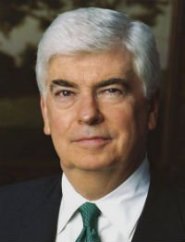 Apple has submitted a preliminary proposal to the U.S. Copyright Royalty Board to simplify the way music-streaming companies pay songwriters and publishers — in a way that could make it more expensive for rivals like Spotify and YouTube to keep offering free streaming.
Apple has submitted a preliminary proposal to the U.S. Copyright Royalty Board to simplify the way music-streaming companies pay songwriters and publishers — in a way that could make it more expensive for rivals like Spotify and YouTube to keep offering free streaming.
Right now, streaming companies pay songwriters and publishers between 10.5 percent and 12 percent of their overall revenue, according to a complicated formula. (Labels and other owners of recording copyrights negotiate their own terms.) The money is divided into public performance and mechanical royalties, then paid to collecting societies and publishers.
Source: Apple Proposes Simplified Statutory Licensing Scheme to D.C. | Billboard






 In a keynote address at the CineEurope convention this week, MPAA Chairman and CEO Chris Dodd described the unblocking goals as a threat to the movie industry. Encouraging participants to reach out to their representatives, Dodd described the concerns as “real, very real.”
In a keynote address at the CineEurope convention this week, MPAA Chairman and CEO Chris Dodd described the unblocking goals as a threat to the movie industry. Encouraging participants to reach out to their representatives, Dodd described the concerns as “real, very real.”
 Copyright Clearance Center, Inc. (CCC), a global licensing and content solutions organization, has announced enhancements to its cloud-based RightFind™ content workflow solution that offers immediate, easy access to a full range of Scientific, Technical, and Medical (STM) content.
Copyright Clearance Center, Inc. (CCC), a global licensing and content solutions organization, has announced enhancements to its cloud-based RightFind™ content workflow solution that offers immediate, easy access to a full range of Scientific, Technical, and Medical (STM) content.